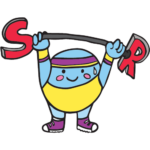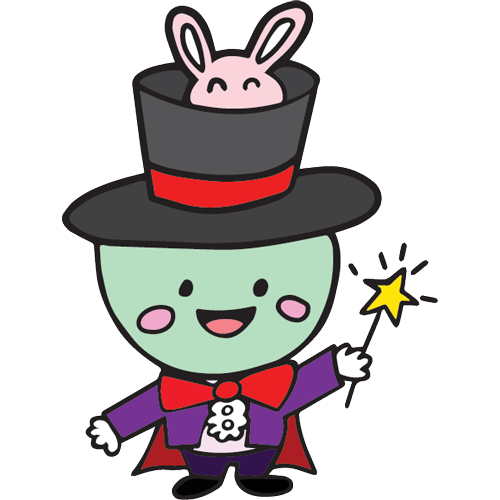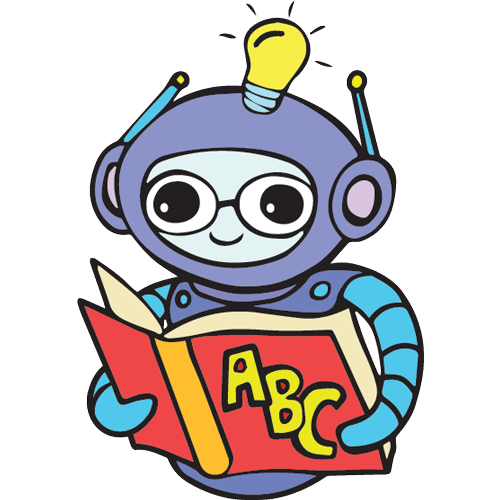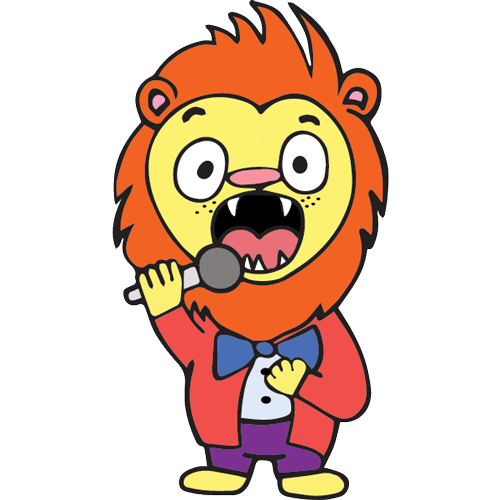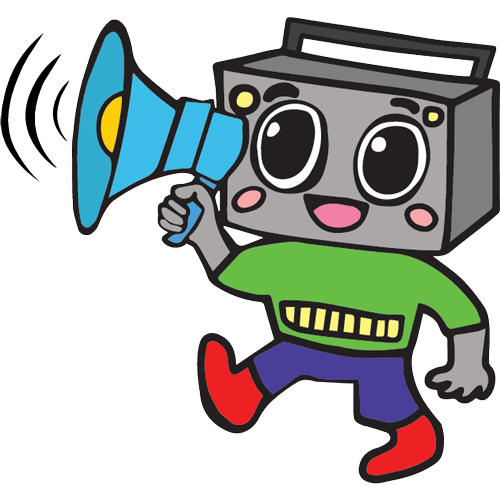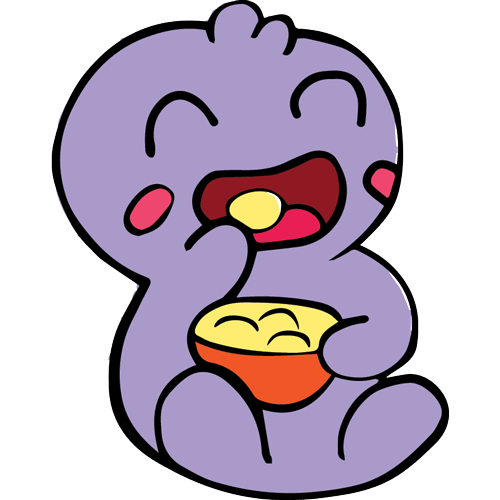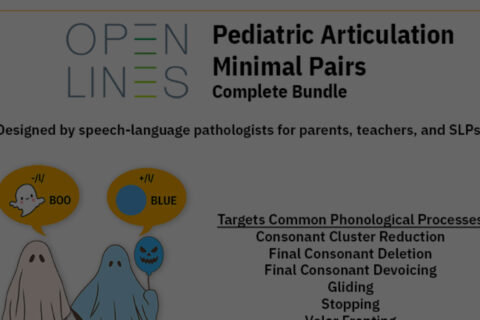Speech Milestones: Month by Month Guide for Parents
It is common for new parents to wonder which sounds their infant or toddler should be making as they progress in age. While every child’s growth and development is unique, there are general patterns of early speech and language acquisition.
We have compiled this information in the following milestone guide. This will be a comprehensive, month-by-month guide on what to expect and can serve to help you understand the progression and building blocks of speech as well as identify if your child may need additional support or intervention to help them talk.
Speech Development Milestones
Over the course of months and years, you will watch your child undergo an intricate process of speech development as they learn to make sounds and eventually master sophisticated and coordinated articulation of words.
Speaking is a complex developmental skill that requires comprehension of early words and concepts as well as fine motor coordination to produce speech. Over their first year of life, children are steadily building foundational communication skills that will help talk. Around the first birthday, an infant usually says their first word!
Newborn to 3 months
Babies at this stage are learning to how to communicate via crying, making eye contact, and smiling while also initiating early verbal communication by exploring how to make sounds.
Here is an overview on what to expect:
- Seek to make eye contact
- Cries to obtain attention and use grunts and facial expressions to communicate
- Sustains caregiver interactions by smiling and cooing
- Begins to laugh out loud or smile in response to adult behavior
- Cries with sudden pitch shifts, extremely high pitch
- Vocalize sounds for pleasure/displeasure
- Make vegetative/neutral sounds (burping, grunting, sighing)
- Coos (e.g., “ee” “oo” “ohh” “ahh”)
- Some consonants emerge (e.g., “kuh” ,”guh”,”yuh”, “mm”)
- Begins combining consonants and vowels (e.g., “goo” “coo”)
4 to 6 months
During this time, you can expect to hear your baby make repetitive sounds. Babbling is important because they learn about volume and pitch.
Here is an overview on what to expect:
- Laughs!
- Begins to participate in games using smiles and vocalizations
- Smiles or vocalizes in response to caregivers talking/singing
- Imitates sounds during back-and-forth games
- Blows raspberries, smacks lips for vocal play
- Consistently combines consonants and vowels (e.g., “ma” “boh”)
- Increases production of consonants produced in the front of the mouth (e.g., b, p, m)
- Varies pitch (yells, squeaks, low-pitched grunting)
- Begins to imitate facial expressions
7 to 9 months
At this stage, your child is learning to interact with their environment with greater intention. They take in their surroundings and begin communicating with you via intentional babbling, high-pitched screams and laughs, and the introduction of words.
Here is an overview on what to expect:
- Begins babbling two syllable combinations (e.g., “ma-ma”, “ba-ba”)
- Varies pitch and loudness consistently
- Begins to point and reach to communicate wants and needs
- Shows desire to be around people
10 to 12 months
- Begins variegated babbling (e.g., “ma-ga-ba”, “boo, goo, gah”
- Uses sentence-like intonation
- Imitates familiar sounds and words
- Uses jargon (i.e., strings of sounds that mimic adult speech but have no meaning)
- Says their first word!
- Waves bye-byes
- Plays and initiates games like peekaboo
- Gives objects when requested with an outstretched hand
- Understands more than 25 words
- Uses gestures intentionally to communicate (e.g., signs more, points to objects, reaches arms up to be picked up)
12 to 15 months
This is an active time for toddlers (and parents!) as your toddlers walking takes off and they learn to express themselves more with words and sounds.
Here is an overview on what to expect:
- Babbling sounds evolve to p, m, and d sounds in addition to b and d
- Can say a word other than mama or dada, such as “ball, “wow,” or “no”
- Use exclamations such as “uh-oh!”
- Attempt to imitate words
15 to 18 months
During this stage it may seem like your child is learning several new words each day! Their vocabulary is growing rapidly.
Here is an overview on what to expect:
- Can speak 10 to 15 words
- Can make consonant sounds, such as t, d, n, w, and h
- Uses words associated with familiar routines (e.g., “eat,” “more,” or, “milk”)
18 to 24 months
During this stage of development, rate of language development can vary from child to child. In other words, do not worry if they are not doing everything on this list. In general, children will use 20 words by 18 months increasing to 50 words by 24 months.
Here is an overview on what to expect:
- Begin combining words in 2-3 words phrases
- Use language to ask questions or engage in conversation
- Makes sounds during play time (“moo” for cow, “vroom” for car)
- Can ask a short question (“Go bye-bye?”)
3 years old
At this age, your child starts to communicate in sentences of about three to four words. They may use as many as 1,000 different words.
Here is an overview on what to expect:
- Has a word or label for their surrounding environment
- Understands contrasting concepts (stop/go; hot/cold)
- Can put three words together
- Can ask “why?”
- Can say last name
- Can sing songs
- Incorporates words like “in” or “on”
- Uses k, g, f, t, d, and n in words
- May repeat some words or sounds but people can generally understand your child
4 years old
Your child’s speech reaches a full circle moment when they turn 4 years old. They should now be able to talk about things that happen during their day, describe feelings, and use words in the past tense.
Here is an overview on what to expect:
- Speech is almost 100% intelligible to all listeners
- Can answer who, what, where questions
- Can ask when and how questions
- Can rhyme words
- Uses pronouns (I, you, me)
- Uses plural words
- Can put four or more words together to form a sentence
When Should I be Concerned?
If your child exhibits any of these “red flags” they may have a receptive-expressive language delay or disorder. Both receptive language (i.e., listening and understanding skills) and expressive language (i.e., talking, gestures) are considered foundational to proficiency in social communication, reading comprehension and written expression. The earlier a child receives support the faster they can make gains and improvements. Early intervention is thus strongly recommended to support overall social, language and literacy development.
If you note any of these “red flags” in your child, do not panic! We recommend seeking the input of a licensed speech-language pathologist as soon as possible. They can perform a comprehensive language evaluation to determine whether your child’s language is tracking typically or whether a true delay is present.
At Open Lines®, our team of expert and compassionate clinicians will listen to your concerns and consider your child’s development within a holistic context. We will help identify specific aspects of language that may need to be strengthened and work with you and your care team to provide targeted strategies and evidenced-based interventions that will support your child’s development so they can thrive.
- 3-6 months: No attempt to imitate sounds or facial expressions.
- 6-9 months: No vocal play or babbling (e.g., baba, mama)
- 1 year: No first word, no use of simple gestures or jargon (i.e., nonsense words with adult-like intonation)
- 2 years: No 2-word utterances (e.g., daddy up) and does not say up to 300 words
- 3 years: No short sentences (e.g., I want sit down.)
- 4-5 years: Hard to understand in conversation with unfamiliar or familiar listeners. Has difficulty saying sentences that make sense or responding to questions.
How You Can Help Your Child Develop Speech
As parents, you play a key role in helping your child develop their speech. Taking an interest and responding to bids for communication is integral to the development of language.
Once your infant starts babbling, respond to them and imitate the sounds they make. You can also imitate non-verbal gestures such as clapping, waving, or blowing kisses to teach them how to take turns.
Talk to your child about what they see or what you are doing. For example, while getting dressed try, “first we put on our socks. Lets wear the green socks! Then we put on our shoes.”,
Have fun making sounds associated with objects and in books and play. For example, while reading a book about animals, vocalize the sounds they make. You could try trumpeting the sound an elephant makes while making the gesture for the trunk. These visual and gestural pairings are not only engaging and playful, but help your associate words with their meaning.
As your child begins to use words, you can help them expand their language by adding to what they say. If they point to a dog and say “dog,” respond by saying, “Yes! The dog goes woof!”
Reading routines are wonderful opportunities to build vocabulary by talking about the objects and actions in the books, modeling questions, and discussing topics that help to shape early inferencing and problem-solving skills.
Children’s Speech Services at Open Lines®
If you’re struggling with communication difficulties, it’s time to turn to Open Lines®. Contact us via phone (212-430-6800), email [email protected], or by filling out our convenient contact form. Improve your communication skills and unlock your potential with Open Lines® Speech and Communication in New York today!
Get in Touch With Open Lines®


